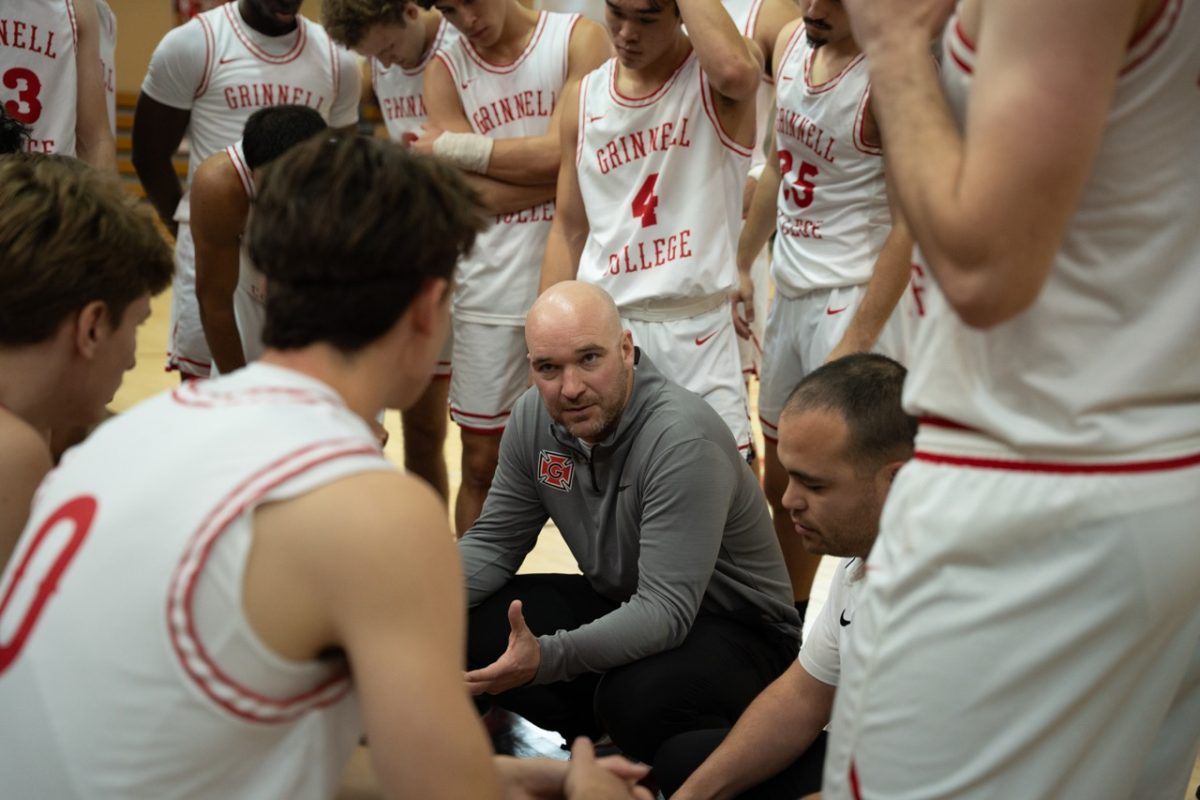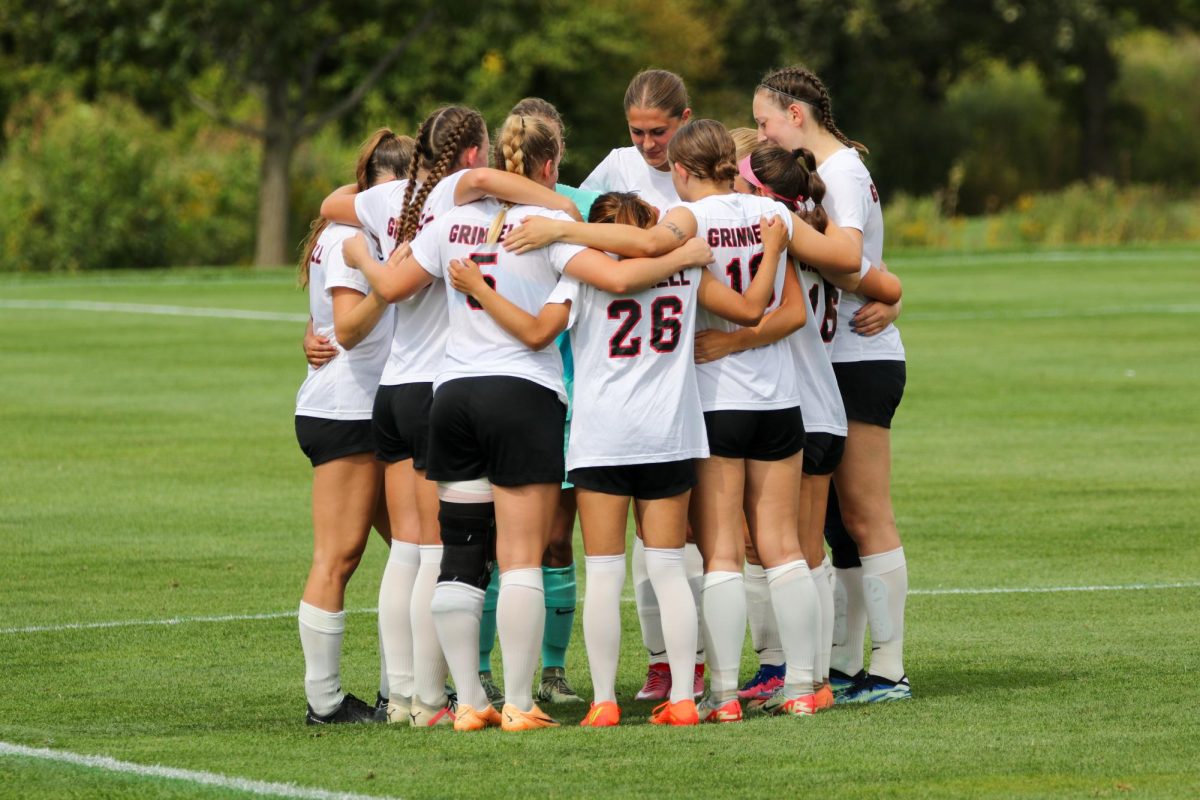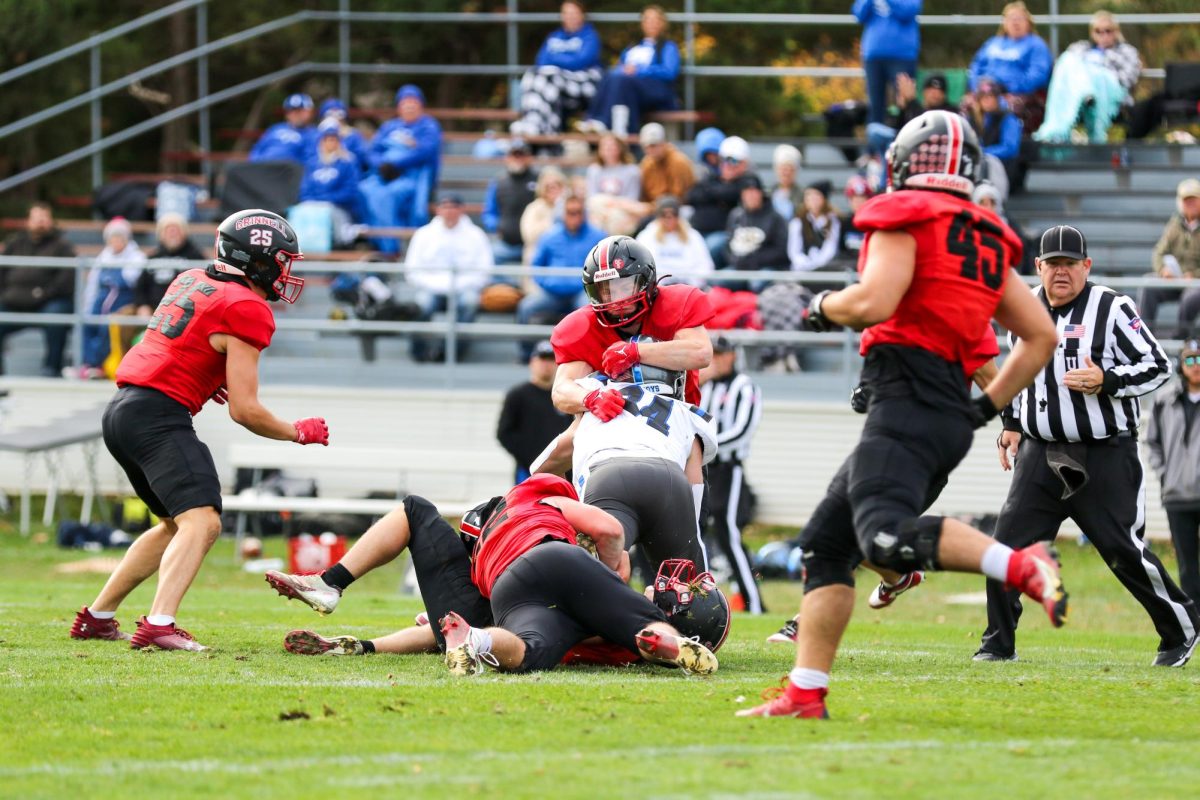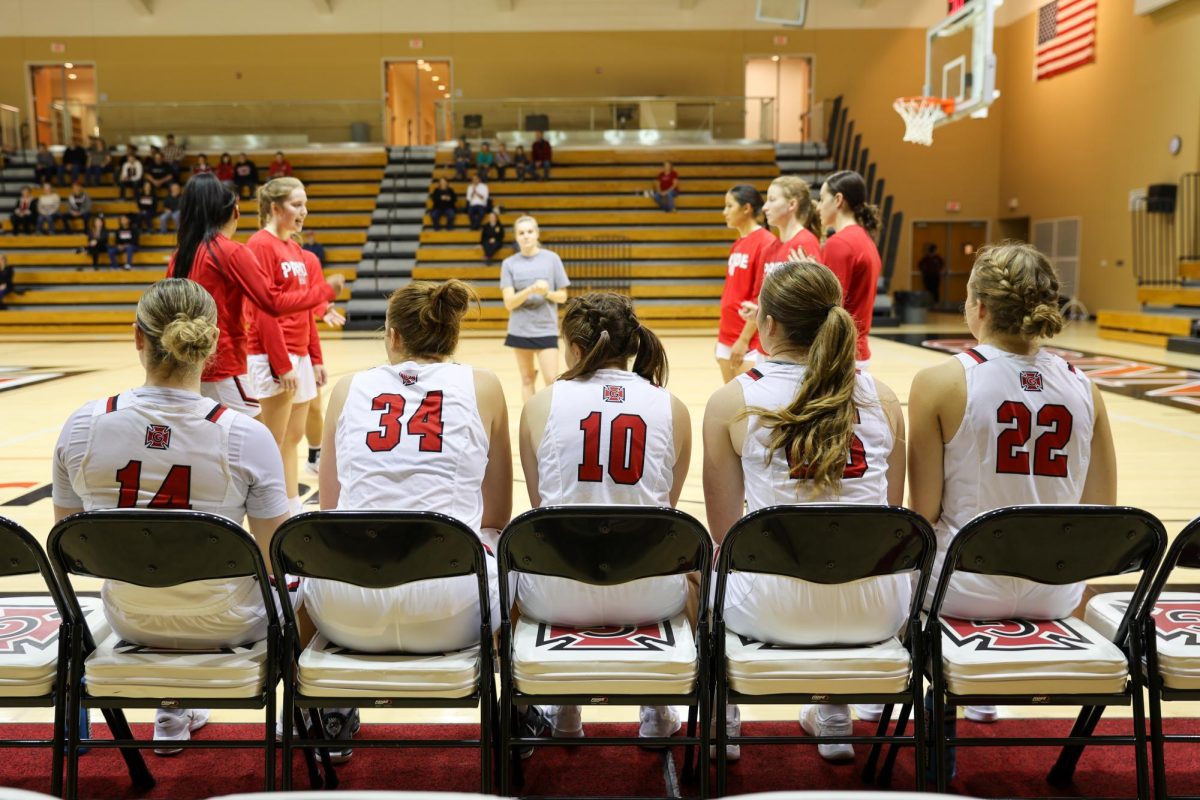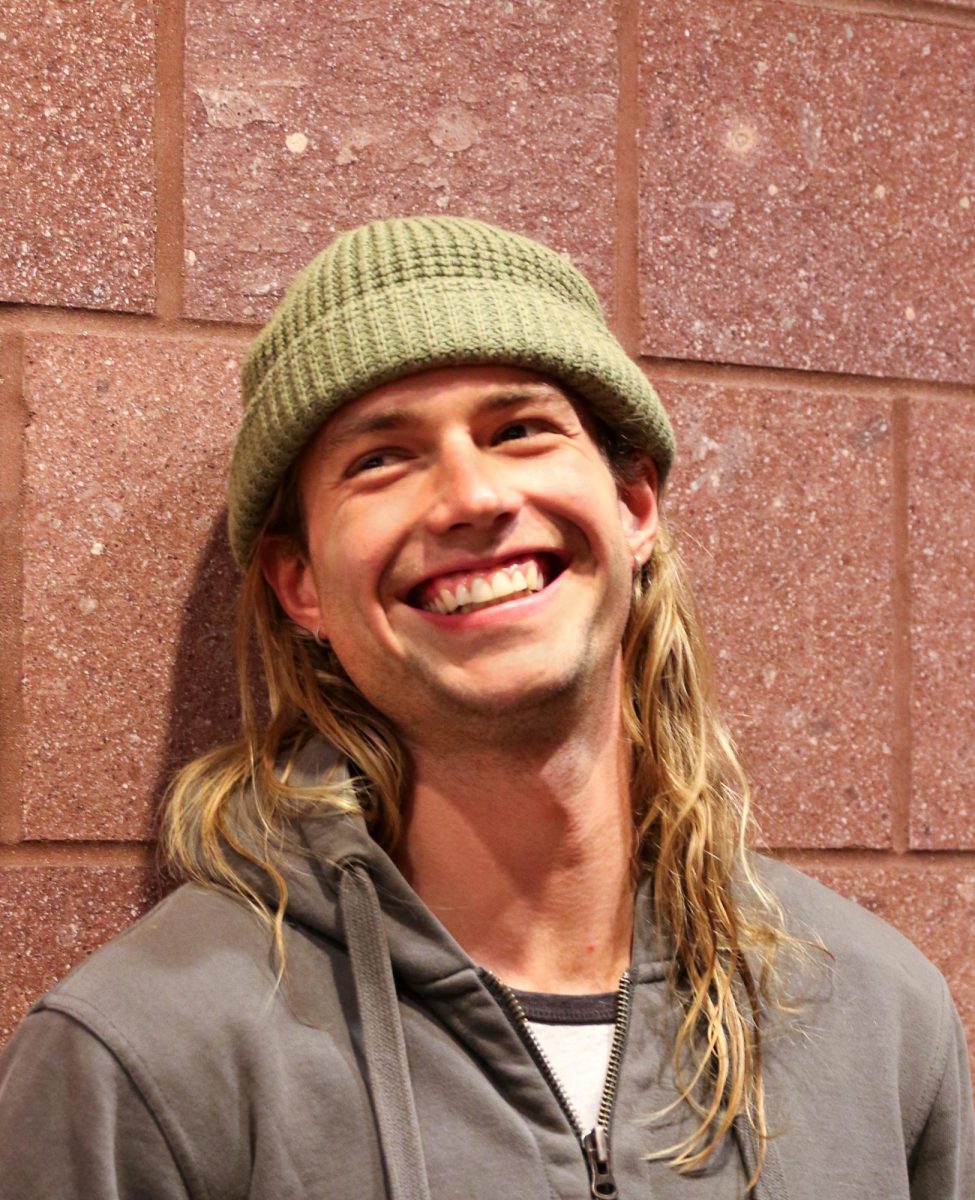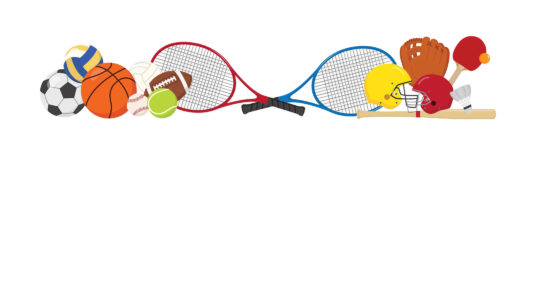
Comments by U.S. Womens National Team goalkeeper Hope Solo — in which she alleged that ex-FIFA President Sepp Blatter touched her inappropriately during an awards ceremony in 2013 — have gone viral, fueled by recent sexual assault scandals involving Hollywood executives like Harvey Weinstein, as well as actors Kevin Spacey, Louis C.K. and multiple others.
Much of the public’s reaction to these scandals has been positive, with scores of victims, of all genders, coming forward to courageously report their experiences with harassment and abuse.
While it is crucial to focus the majority of our attention on these survivors, we cannot forget that behind every story of inappropriate — and in many cases, criminal — behavior, there stand large companies and people in positions of power who had the opportunity to intervene but chose not to do so. These people and corporations, who legitimized abuse with their silence and supported it with their wallets, bear some burden of responsibility too.
It is this type of willful ignorance, often for monetary purposes, which can best describe the relationship that the American sports landscape has with cases of alleged sexual assault, abuse and harassment.
At least four major American sports icons — Kobe Bryant, Ben Roethlisberger, Brett Favre and Peyton Manning — have been embroiled in sexual assault or harassment scandals at some point during their careers, and, save for losing a few endorsement deals, none have suffered significant consequences.
In fact, it would seem that many athletes choose to wield the influence of their platforms to victimize others, often those whose admiration and fandom creates a clear and obvious power difference. This notion that fame, money and social capital make athletes above the law has trickled down into the college ranks, with many Division I schools grappling with sexual assault scandals or sexual assault cover-ups in recent years.
Grinnell College has recently been investigated for its handling of sexual assault cases and reports. In an article published on the Huffington Post in 2015, it was alleged that the College did not take the required steps to protect the identity of at least one victim/survivor of sexual assault, and furthermore failed to go to adequate lengths to punish offenders of such acts.
Although this investigation was officially closed early on during the 2017-2018 academic year, questions still remained because of the fact that the closure occurred after procedural and administrative changes were made in the U.S. Department of Education’s Office of Civil Rights (OCR), according to an article The S&B published on Sept. 1. However, the school is still determined to promote a culture of sexual awareness and respect on campus, and they have identified their student-athletes as important agents of such action.
“While we have no evidence that student-athletes are disproportionately a part of the problem, research and experience suggest that they can be some of the most effective leaders on campus in creating positive culture change and being committed active bystanders,” wrote Jen Jacobson ’95, assistant dean of students and director of wellness and prevention, in an email to The S&B.
The importance of this stance isn’t lost on athletes, who recognize that they are in a position to make a positive impact in the Grinnell community outside of the athletic sphere.
“Athletes make up a large portion of Grinnell College, and that’s part of the reason why there is a particular emphasis on making sure that we have beneficial and useful techniques to diffuse a situation,” said Avery Lewis ’21, a member of the school’s baseball team.
In addition to their daily lives as meaningful contributors to Grinnell’s epistemic community, many of Grinnell’s student-athletes are also involved with various student-run groups that seek to promote social change and community awareness.
Of the many initiatives spearheaded by student-athletes, recent ones include a film screening sponsored by Student Athlete Mentors (SAMs) and Grinnell Advocates about sexual assault survivorship, Student Athletes Leading Social Change (SALSC)’s second annual Sexual Assault Awareness Week, and students’ continued participation in Grinnell’s Title IX Advisory Group.
“As a student-athlete, I believe we have a great opportunity to not only influence many people, [but also to] use our team work and life skills we learn from athletics and apply them to issues such as sexual respect,” wrote Carson Dunn ’18, a captain of the football team and a member of SALSC.
In fact, Dunn, along with three other Grinnell College students, were invited to the NCAA Apple Institute last January in Charlottesville, VA, to present on the work that student-athletes do regarding sexual respect awareness and harm reduction.
Aside from athlete-led initiatives and events, all Grinnell student-athletes are required to participate in supplementary harm-reduction and active bystanderism training.
“We try for 100 percent of the teams and student-athletes to be trained in active bystanderism and harm reduction for sexual misconduct every year,” wrote Andy Hamilton ’85, athletic director, in an email to The S&B. “This training is more specific than what is presented during NSO because the training takes into account how different teams react within their cultures during different situations on campus.”
For their part, student-athletes report that they are empowered by the training the school gives them, and many incorporate it into other areas of their Grinnell lives.
“The situations that are discussed in the trainings are never truly exclusive to the student-athlete experience,” wrote Nikolai Harroun ’18 in an email to the S&B. “It is everyone’s responsibility to try to make a positive impact wherever they can.”
For Harroun, that positive impact includes integrating training into his work as a Grinnell Advocate and an organic chemistry mentor. For other student-athletes, their sexual respect and harm reduction training is invaluable in their residential life leadership roles.
“As a CA, we have more concentrated sessions and much more thorough discussions [about harm reduction and active bystanderism],” said Lily Hamilton ’19, a member of the women’s tennis team. “I think that the training is good because I can take those discussions and bring them to my team … and hopefully that can dissipate more from each teammate to the people that they know too.”
Grinnell is in a constant effort to train student-athletes as effective allies and active bystanders. This is spearheaded by Jacobson, who says we do what is expected of most colleges and universities, although Jacobson knows there is always more to be done.
“Active bystander training and other work on sexual respect is available to any student or student organization. … Anyone who wants more information or training is encouraged to contact me [jacobsen] or Emily Howe ’16.5, post bac for sexual respect and harm reduction [emilhowe2].”
Athletes in the U.S., particularly men who play major hegemonic sports at the professional or Division I collegiate level, are inherently empowered by their platforms and prestige. As such, they are seen as role-models who operate in liminal spaces, where power dynamics may be inverted or people may think that social and cultural norms need not apply.
If more athletic institutions and universities aligned with Grinnell College’s thinking — namely, the notion that athletes can be agents of positive social change as opposed to impediments — and undertook meaningful programs of sexual respect training, then it is probable that the number of reported instances of sexual harassment, abuse and assault amongst athletes would go down.





















































